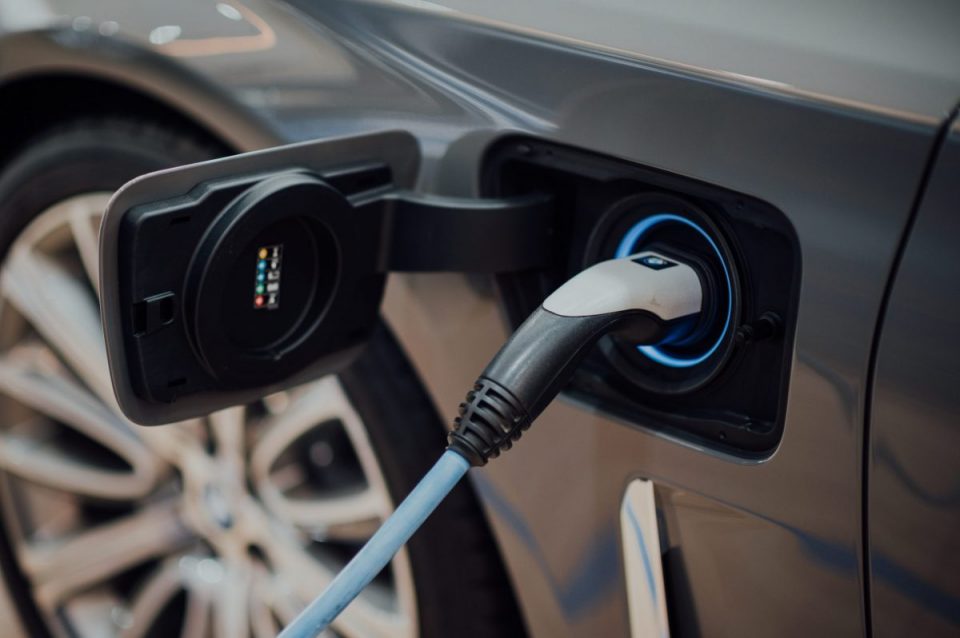KUALA LUMPUR, March 16 — The Ministry of International Trade and Industry (Miti) continues to review the National Automotive Policy (NAP 2020) to keep it aligned with current developments happening locally and globally.
Secretary-General Datuk Seri Isham Ishak said the policy is ‘futuristic’ and no improvement is needed at the moment.
“The NAP 2020 is still being updated and well utilised at the moment. It is always under constant review under MITI and the Malaysia Automotive, Robotics and IoT Institute (MARii).
“We look at (every) change, (for example) geopolitically, so that we can tweak it quickly and the industry will be able to adjust to those changes via government policy support,” he told reporters at the Automotive Trade Fair — Automechanika Kuala Lumpur 2023 here today.
Isham said in addition to NAP 2020, there are also other policies by other agencies that provided micro support, especially for small and medium enterprises (SME), producers, raw material providers, intermediate companies that produce intermediate goods and those final assemblers.
The examples are the National Electric Vehicle (EV) Policy, which was also embedded into the Low Carbon Mobility Blueprint, and the National Transport Policy to drive EV adoption in Malaysia amid increasing environmental, social and governance calls globally.
The setting up of the National EV Taskforce was to package all EV-related policies and to bring all stakeholders together to form a similar understanding as well as a solid synergy in ensuring all initiatives across respective scopes and jurisdictions could be unified.
“The task force will evaluate the current policies, formulate new policies and monitor the implementation of the EV agenda.
“For charging stations, the criticisms we have been receiving is that there are fewer EV stations in Malaysia. But at present there are over 900 charging stations now, and many more to come,” he said.
At the same time, Isham said fuel station owners need to adapt and react to these changes as they need to meet the needs of charging users, who consumed more time compared to those who refuel.
Telecommunication providers also must be able to accommodate technological advancement embedded into EV.
The growing demand for energy-efficient vehicle would not only drive the sector but also the value-added segment.
“Some players are moving towards hybrid first and preparing towards EV. Some hoping directly into EV like recent announcement by Tesla in Malaysia,” he said.
Isham added he also foresees a new trend on people’s interest concerning in-car entertainment and lifestyle segment
“We can see growing demand for one entertainment. We see a lot of market demand coming in to enhance their vehicle.
“So, vehicle is not just mobility but also towards customising, entertainment and this trend is changing as well,” he said.
Therefore, the overall automotive industry is offering assemblers attractive values for their investments in Malaysia.
“Yes, we saw a lot of new manufacturers going into Vietnam but we must look at the overall perspective,
“They have more than 90 million people so the market is much bigger than us but people (investors) coming to Malaysia is different as in term of purchase of premium vehicles, we are among the highest compared to other Asean countries.
“So, that is the incoming trend in the automotive industry and this is really exciting times,” Isham said.
— Bernama





